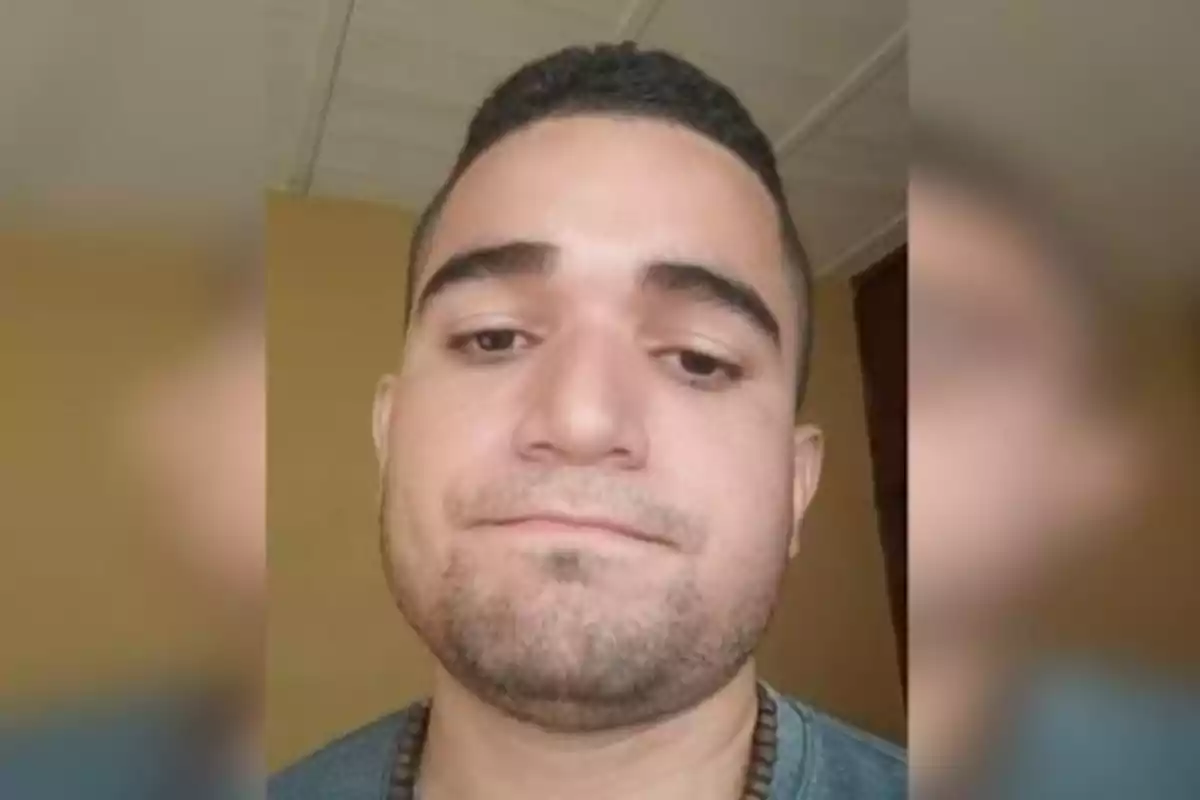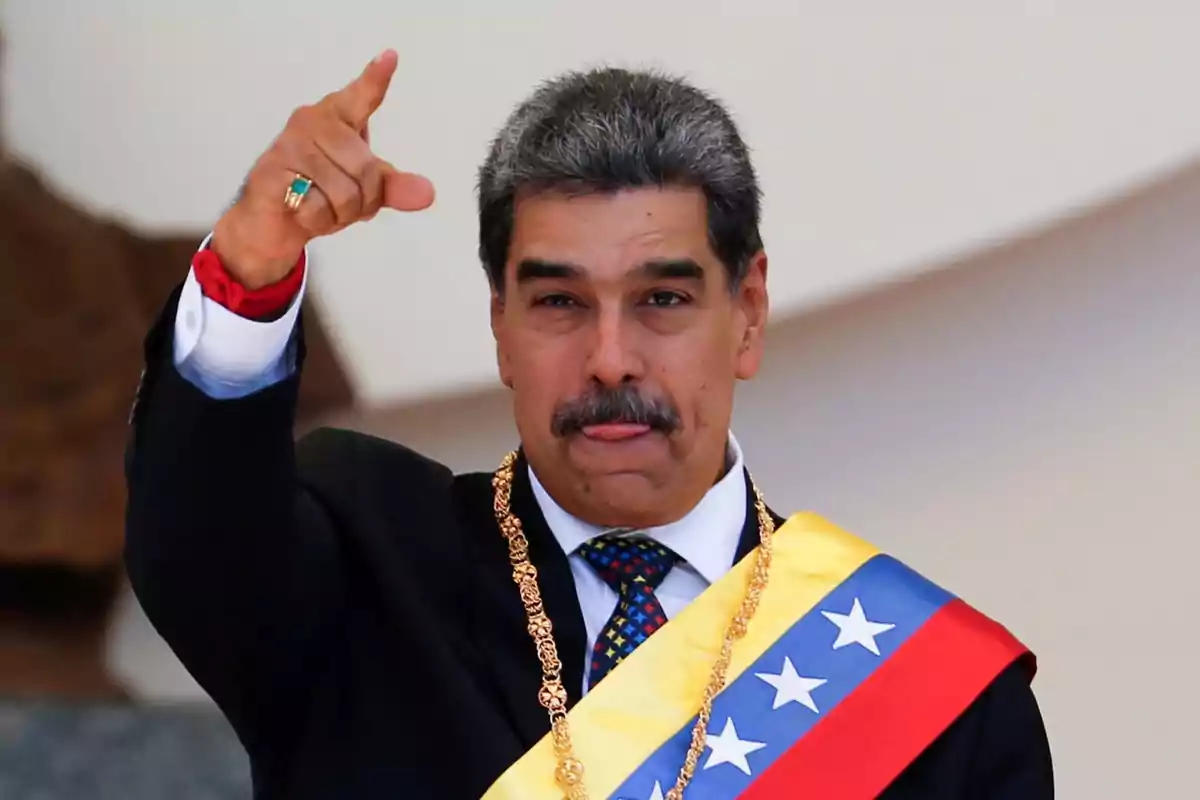
Maduro's dictatorship murdered an influencer who reported the Tren de Aragua.
Influencer Gabriel Jesús Sarmiento was murdered in the early hours of Monday by armed men after contacting Maduro's intelligence service
Venezuelan influencer Gabriel Jesús Sarmiento was murdered in the early hours of Monday while livestreaming on TikTok from his residence in Maracay, Aragua state.
The young man, known for publicly denouncing criminal gangs and corrupt officials, was attacked by armed individuals who broke into his home while he was speaking in front of the camera, capturing the exact moment he was gunned down. The shocking event has shaken Venezuela and thousands of users on social media.
During the livestream, Sarmiento had requested help from the Bolivarian National Intelligence Service (Sebin), providing his address and highlighting threats he had received due to his denunciations.
In the video, which quickly went viral, two men can be seen entering his room, one of them shoots him multiple times and, after an abrupt cut, a woman can be heard screaming desperately: "Help, they killed him."
La dictadura de Maduro asesinó a un influencer que denunció al Tren de Aragua
Sarmiento had become an influential figure for his courageous work as a digital whistleblower, focusing his content on exposing the impunity with which criminal groups such asEl Tren de Araguaand El Tren del Llano operate.
In his latest videos, he had directly accused police officers of collaborating with these gangs and had mentioned by name several officials allegedly linked to organized crime.
He had even verbally confronted during the livestream the leader of El Tren de Aragua, Héctor Rusthenford Guerrero Flores, alias "El Niño Guerrero," indirectly holding him responsible for threats received since his father's death.
In one of his comments, the influencer stated: "We are full of criminal officials who work with common criminals (...) They walk freely while I live in hiding."

Despite his activism, in some videos Sarmiento also showed support for the governor of Aragua, an apparent contradiction that many users on social media have interpreted as a strategy to gain institutional protection.
The murder has reignited the debate about the dangers faced by activists and content creators who denounce criminal organizations and corrupt officials in Venezuela, who are very close to the dictatorial regime of Nicolás Maduro. Activists have denounced the lack of protection for those who dare to speak out and have demanded justice for the young man.
Authorities have launched an investigation into the crime, but so far no arrests have been confirmed nor have any possible official motives been revealed. Meanwhile, Maduro's government has systematically denied the existence of criminal gangs in the country, including Tren de Aragua, which it considers part of a "foreign narrative" to attack Venezuelan sovereignty.

In contrast, United States President Donald Trump, as well as other international leaders, have labeled Tren de Aragua a transnational threat. Trump even promised the identification and deportation of all its members present on U.S. soil, labeling them as foreign terrorists.
Tren de Aragua, which emerged in Tocorón prison in the mid-2000s, began as a prison gang dedicated to extortion and the control of illicit activities within the penitentiary.
Over time, the organization expanded its influence nationally and internationally, becoming involved in crimes such as drug trafficking, human trafficking, illegal mining, kidnapping, and extortion. Its network has been detected in several Latin American countries, taking advantage of migration flows to establish operational cells.
In September 2023, the Venezuelan government carried out a massive operation with more than 11,000 officers to intervene in Tocorón prison, stronghold of Tren de Aragua. However, the main leaders of the organization, including Rusthenford Guerrero Flores, escaped and remain fugitives.

More posts: